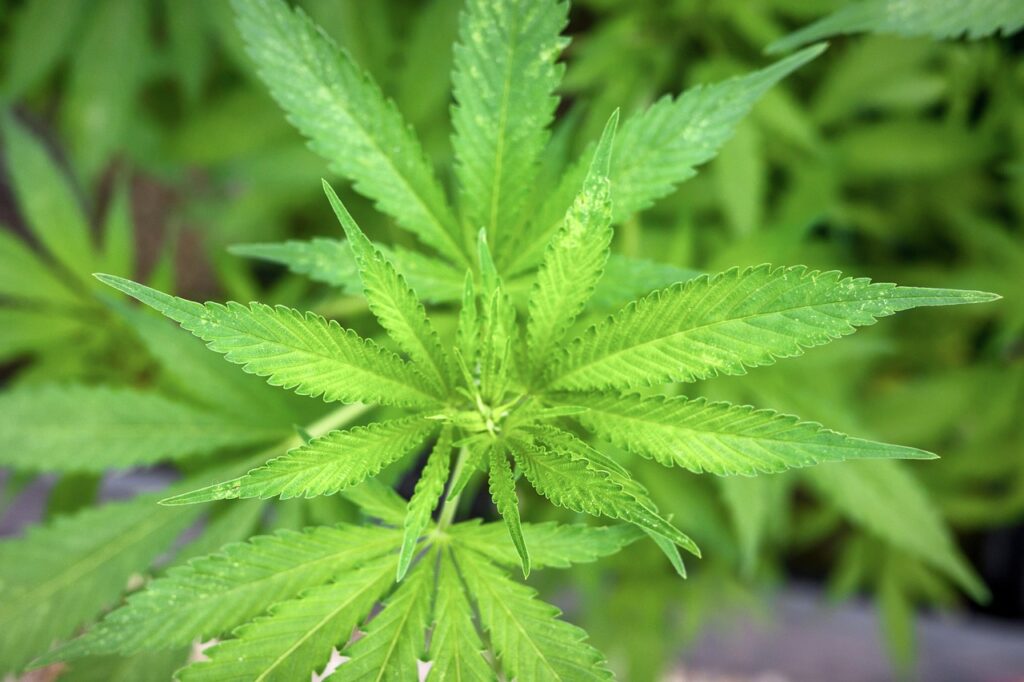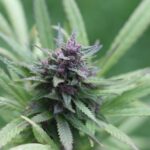In recent years, the interest in cannabis and its derivatives has surged, with many seeking natural alternatives for managing various health conditions. One compound that has gained attention is THCA, or tetrahydrocannabinolic acid. Unlike its more famous counterpart THC, THCA is non-psychoactive, meaning it doesn’t produce the “high” associated with cannabis. This article explores how THCA flower can be beneficial for pain, inflammation, and stress relief. Try Dosido High THCa Flower
Understanding THCA
THCA is a cannabinoid found in raw and live cannabis plants. It is the precursor to THC, which means it converts to THC when exposed to heat through a process called decarboxylation. This conversion is why raw cannabis doesn’t produce psychoactive effects. THCA is typically consumed in its raw form, often through juicing or as a supplement, to harness its potential health benefits without the psychoactive effects.
THCA vs. THC: The Key Differences
- Non-Psychoactive: THCA does not produce the high associated with THC.
- Raw Consumption: THCA is found in raw cannabis, while THC is present in heated or aged cannabis.
- Potential Benefits: THCA is being studied for its potential therapeutic effects, separate from those of THC.
THCA for Pain Management
Chronic pain affects millions worldwide, often leading to a reduced quality of life. Traditional pain medications can have significant side effects, prompting many to seek alternative treatments. THCA has shown promise in this area.
Research and Evidence
Studies suggest that THCA may interact with the body’s endocannabinoid system, which plays a role in regulating pain. A study published in the Journal of Pain Research indicated that cannabinoids, including THCA, could modulate pain perception and reduce inflammation.
In a case study involving patients with chronic pain conditions, participants reported a noticeable reduction in pain levels after incorporating THCA into their regimen. This suggests that THCA could be a valuable addition to pain management strategies.
THCA and Inflammation
Inflammation is a natural response to injury or infection, but chronic inflammation can lead to various health issues. THCA’s anti-inflammatory properties make it a potential candidate for managing inflammation-related conditions.
Mechanism of Action
THCA is believed to inhibit the production of pro-inflammatory enzymes, thereby reducing inflammation. Research published in the European Journal of Pharmacology highlighted THCA’s ability to decrease inflammation markers in animal models.
- Arthritis: Patients with arthritis have reported reduced joint swelling and pain after using THCA.
- Autoimmune Disorders: THCA may help manage symptoms of autoimmune diseases by modulating the immune response.
THCA for Stress Relief
Stress is a common issue in today’s fast-paced world, contributing to various mental and physical health problems. THCA may offer a natural way to alleviate stress without the side effects of conventional medications.
Calming Effects
THCA is thought to promote relaxation by interacting with serotonin receptors in the brain. This interaction can help stabilize mood and reduce anxiety levels. Anecdotal evidence from users suggests that THCA can provide a sense of calm and well-being.
In a survey conducted by a wellness organization, 70% of participants reported feeling less stressed after using THCA products. This highlights its potential as a stress-relief tool.
Incorporating THCA into Your Routine
For those interested in exploring THCA’s benefits, there are several ways to incorporate it into daily life:
- Juicing: Fresh cannabis leaves can be juiced to retain THCA content.
- Tinctures: THCA tinctures offer a convenient way to consume the compound.
- Capsules: THCA capsules provide a measured dose for consistent use.
Conclusion
THCA flower presents a promising option for those seeking natural relief from pain, inflammation, and stress. While research is still ongoing, the existing evidence and user experiences suggest that THCA could be a valuable addition to holistic health practices. As with any supplement, it’s advisable to consult with a healthcare professional before starting a new regimen. With its non-psychoactive nature and potential therapeutic benefits, THCA offers a unique approach to wellness.

